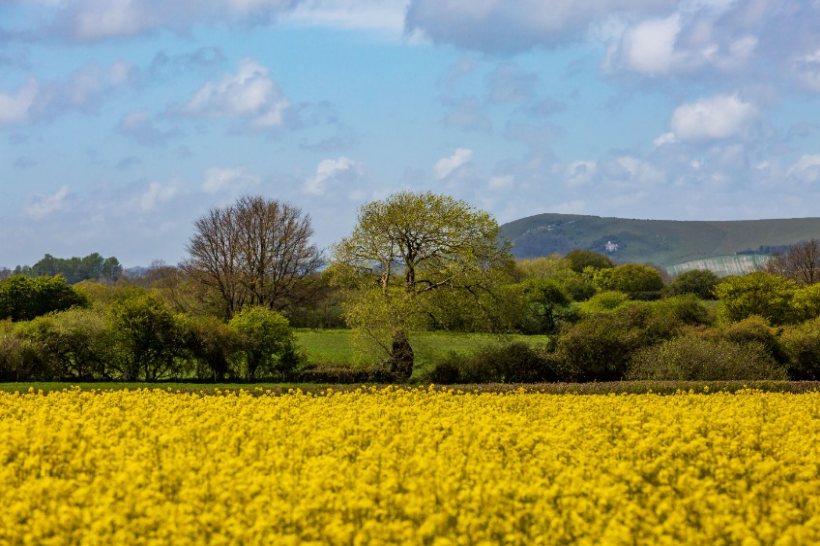
Green groups are urging the new government to 'fast-track not back-track' nature reforms in farming following fears of a potential watering down of schemes.
Proposals on the future of farming funding are expected later this month, after the government announced a review of its farming policy.
This includes a review of the Environmental Land Management schemes (ELMs), which were first announced in 2018.
Environmental campaign groups have warned that the potential watering down and cutting back of the scheme is now a key concern.
There are worries that the government may reduce ELMs funding, particularly for the Landscape Recovery tier, which supports landscape-scale projects to restore nature.
Groups such as the National Trust, Wildlife & Countryside Link and Nature Friendly Farming Network have called on the new Prime Minister Rishi Sunak to push forward with the ELMs.
Martin Lines, UK chair of the Nature Friendly Farming Network, said there was a 'huge public appetite' for farming systems that feed the nation while improving the environment.
"First, we need an agriculture budget which is fit for purpose and capable of addressing the environmental challenges we face, alongside ambitious payment schemes that put environmental stewardship at the heart of farm business decision-making.
"Anything less would be a let-down for farmers and the public, and it would be a missed opportunity to make our food system more resilient and sustainable for the long-term.”
The groups are concerned that even if budget for ELMs is not cut, that funding could be front-loaded to the least ambitious Sustainable Farming Incentive (SFI) elements.
This would reduce the impact of the scheme and fail to reward those farmers that want to go furthest in environmental action, they warned.
The government's initial plan for ELMs was for funding to be split equally between the three tiers of the scheme - these being the SFI, Landscape Recovery and Local Nature Recovery.
Government estimates, based on this assumption, suggested that between 2021/2022 - 2028/2029 this would deliver a net present social value of £28.7bn, with an overall estimated benefit-cost ratio of 2.5.
But this benefit-cost ratio would be expected to decrease if funding is focussed on the entry-level SFI measures at the expense of higher impact tiers.
Tom Lancaster, the RSPB’s head of farming policy, said the government must "uphold its promise" to help farmers work in a restorative way.
"The prime minister should recognise this is not only essential for a healthy environment but is what the public wants to see.”
